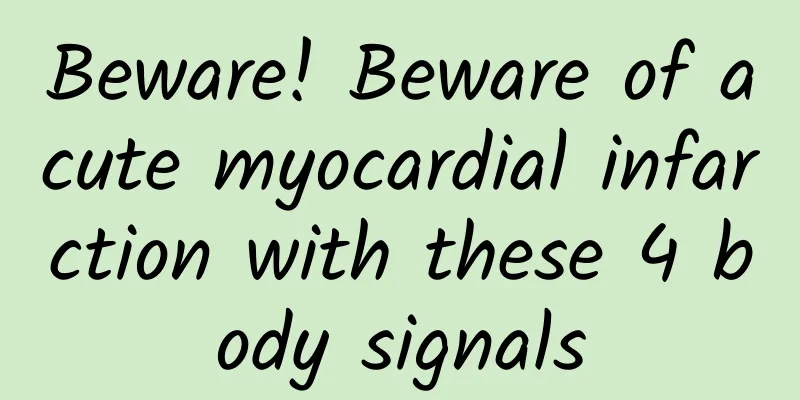Come on, the difference between menstruation and pregnancy

|
What is the difference between menstruation and pregnancy? Some female friends are prone to confuse early pregnancy symptoms with symptoms before menstruation in the early stages of pregnancy. Before menstruation, there are usually symptoms such as stomach pain, backache, and temperament changes, while the signs of early pregnancy mainly include nausea, vomiting, fatigue, etc. So, what is the difference between menstruation and pregnancy? Symptoms in early pregnancy generally include nipple pain, lower abdominal pain, fatigue, decreased immunity, and susceptibility to colds. Before the menstrual period, the secretion will increase, and some people also experience lower abdominal pain and breast pain. Therefore, this is not easy to distinguish. If you suspect you are pregnant, you can use the pregnancy test paper to test it one week after having sex. Therefore, it is recommended that you buy a pregnancy test strip to test and confirm it. Bleeding in early pregnancy is also called early pregnancy spotting, which refers to the appearance of a small amount of pink secretions in the vagina within 12 weeks of pregnancy, similar to bleeding before or after the menstrual period. The bleeding may be pink, bright red, or dark brown in color. About 1/4 of pregnant women will experience varying degrees of spotting in the early stages of pregnancy, and about half of those with spotting will eventually suffer a miscarriage. Common questions about diet in early pregnancy? 1. Protein intake. This stage is when the body stores relatively more protein, with the fetus retaining about 170g and the pregnant mother retaining about 375g. This requires that the protein supply and demand balance in the pregnant woman's diet should be 25g higher than that when she is not pregnant, and she should consume more livestock and soy foods. 2. Essential fatty acids. This period is the peak period for the development of the fetus's brain nerves. Sufficient essential fatty acids such as arachidonic acid are needed to meet the needs of brain development. Eating more marine fish can help balance the supply and demand of DHA. 3. Intake of calcium and iron. More than half of the calcium in the fetus' body is stored in the late pregnancy. Pregnant women should take 1500 mg of calcium every day and supplement with appropriate vitamin D. The fetus's liver can store iron at a rate of 5 mg per day, and reach 300-400 mg of iron by birth. Pregnant women should consume 28 mg of iron per day, and should consume more hemoglobin-type iron from livestock products. There are some differences between the symptoms of early pregnancy and those of early menstruation, because menstruation is not prone to nausea and vomiting, nor is it prone to vomiting due to fishy or other smells. |
<<: Is it normal to delay your period by 10 days?
>>: I can't detect pregnancy and my period is not coming
Recommend
Beware! High myopia is quietly targeting teenagers
As children use their eyes more and use more elec...
What are the changes in breasts after pregnancy?
Certain phenomena will appear in the body of a pr...
How to eat okra salad and what seasoning to add (can be made into okra salad with soft tofu, etc.)
...
The main symptoms of chronic cervicitis
Chronic cervicitis is a common gynecological dise...
What can I eat to relieve menstrual pain? It turns out to be a good helper for dysmenorrhea!
Women are prone to dysmenorrhea during their mens...
How long does it take to discharge the embryo sac?
Medical abortion will cause abdominal pain, espec...
5 secrets of women's health care to promote blood circulation and rosy skin
Do you want to be beautiful inside and out? The a...
Can I get pregnant if I have sex on the second day after a normal birth?
Natural childbirth is a way for women to give bir...
How to get rid of crow's feet?
The most sensitive words for women are weight and...
Can pregnant women eat sea hares?
If we want pregnant women to be healthy and the f...
Can I do weight loss exercises during menstruation? Why?
Many female friends have the habit of doing weigh...
What are the maintenance methods for women in their forties?
It is said that men are in their prime at 41, whi...
Can I have sex at 31 weeks of pregnancy?
During the wife's pregnancy, as a husband, yo...
Is it good to add some lard when making steamed buns? Why do we need to add lard when making steamed buns?
As we all know, steamed buns are a common type of...
Are there any side effects of taking iron tablets for pregnant women?
Iron tablets are a type of iron that can suppleme...









